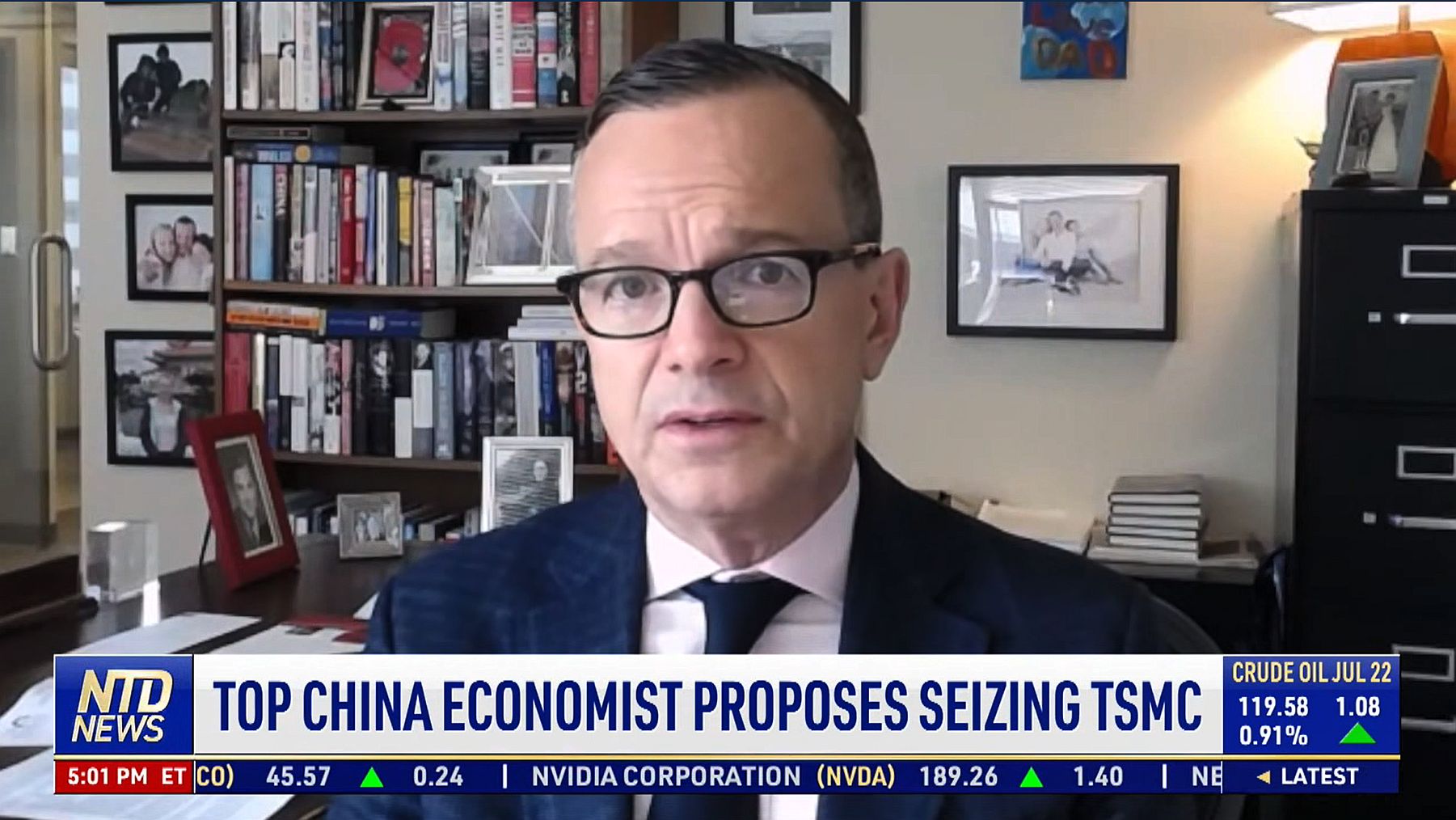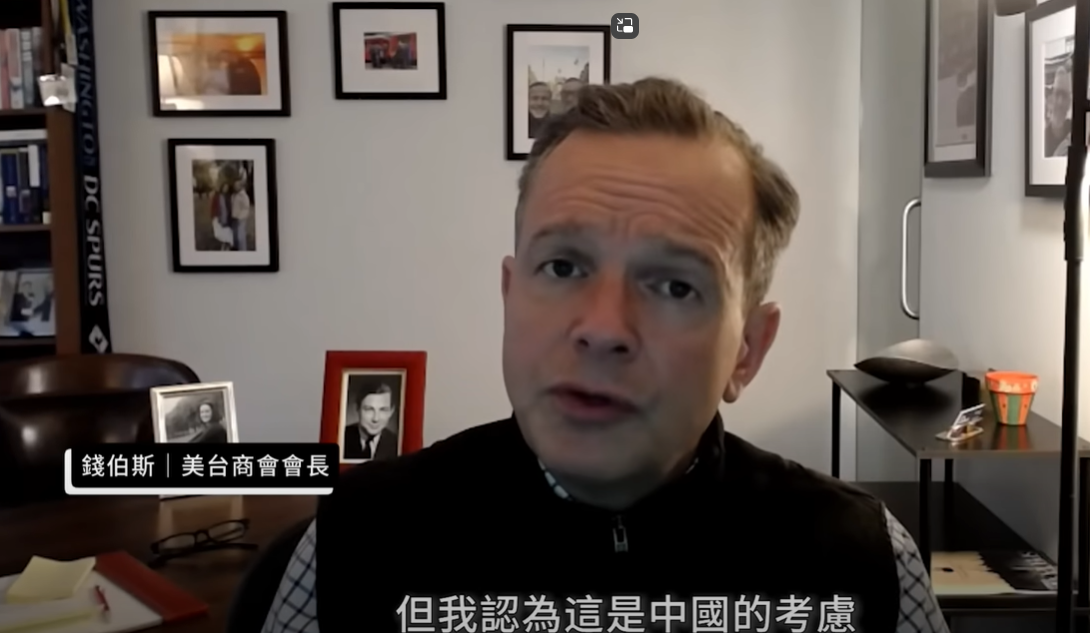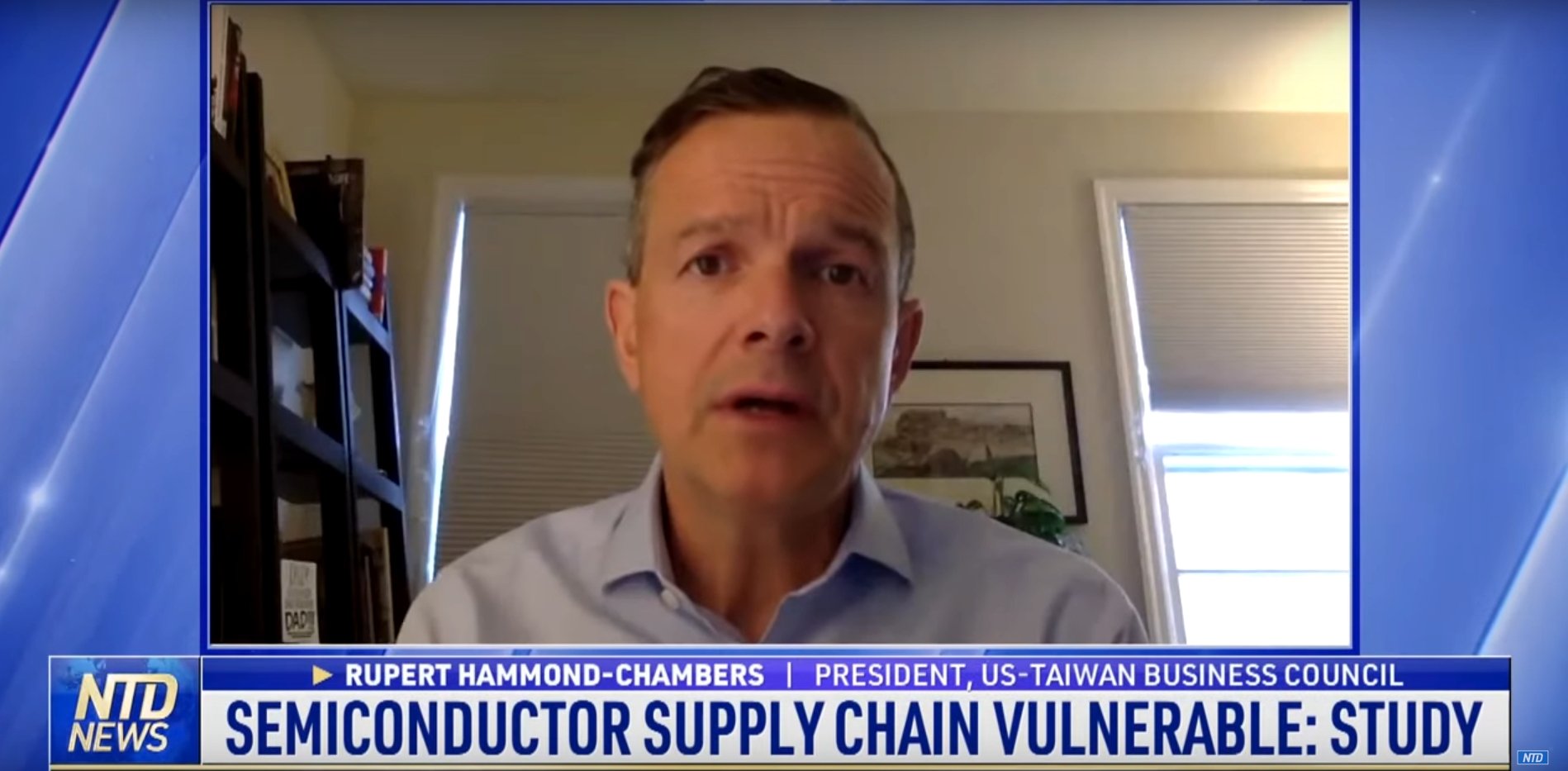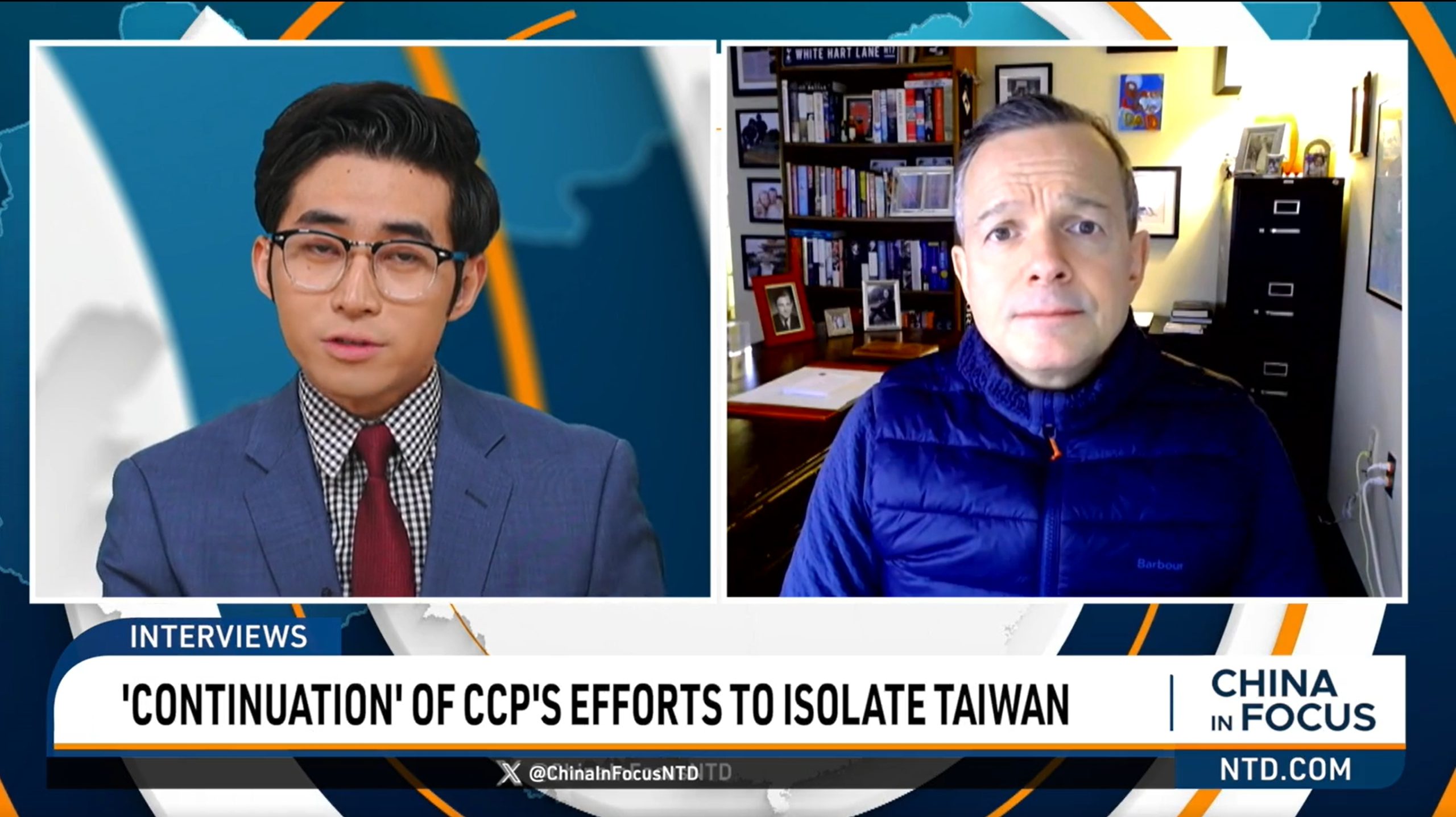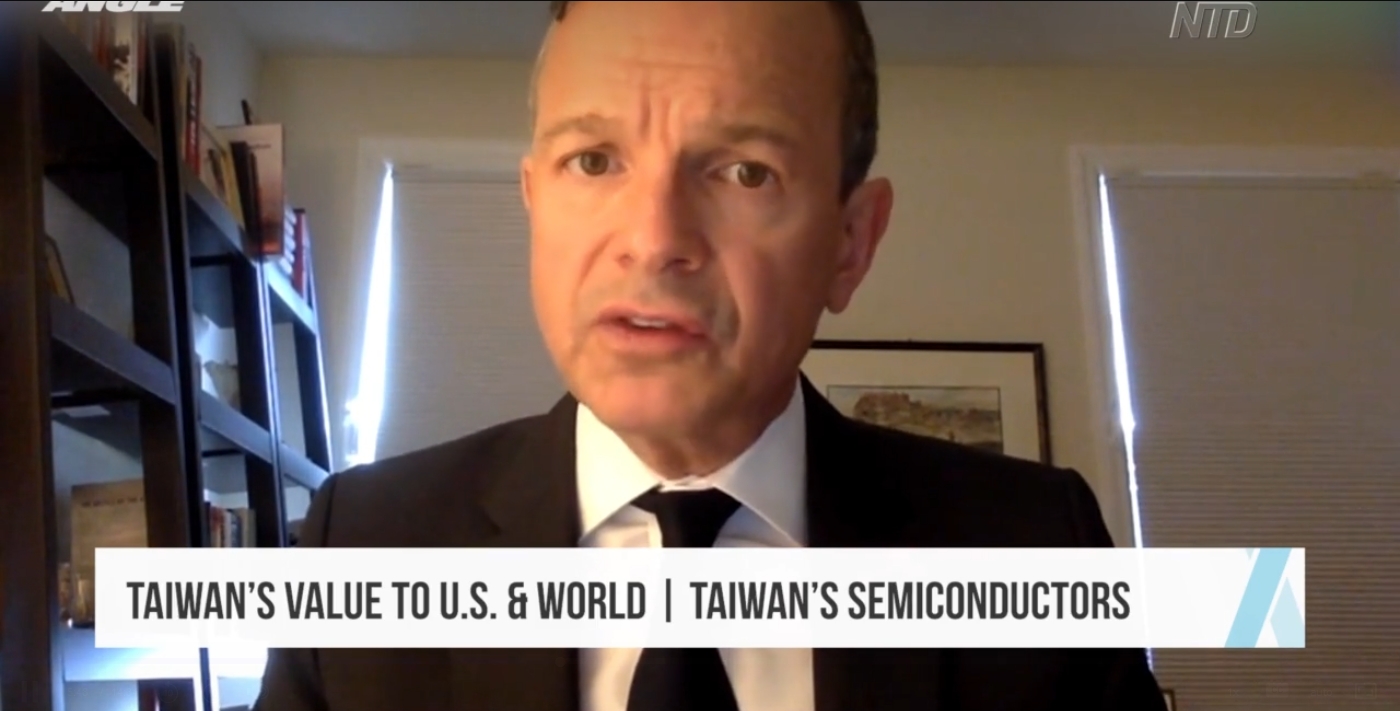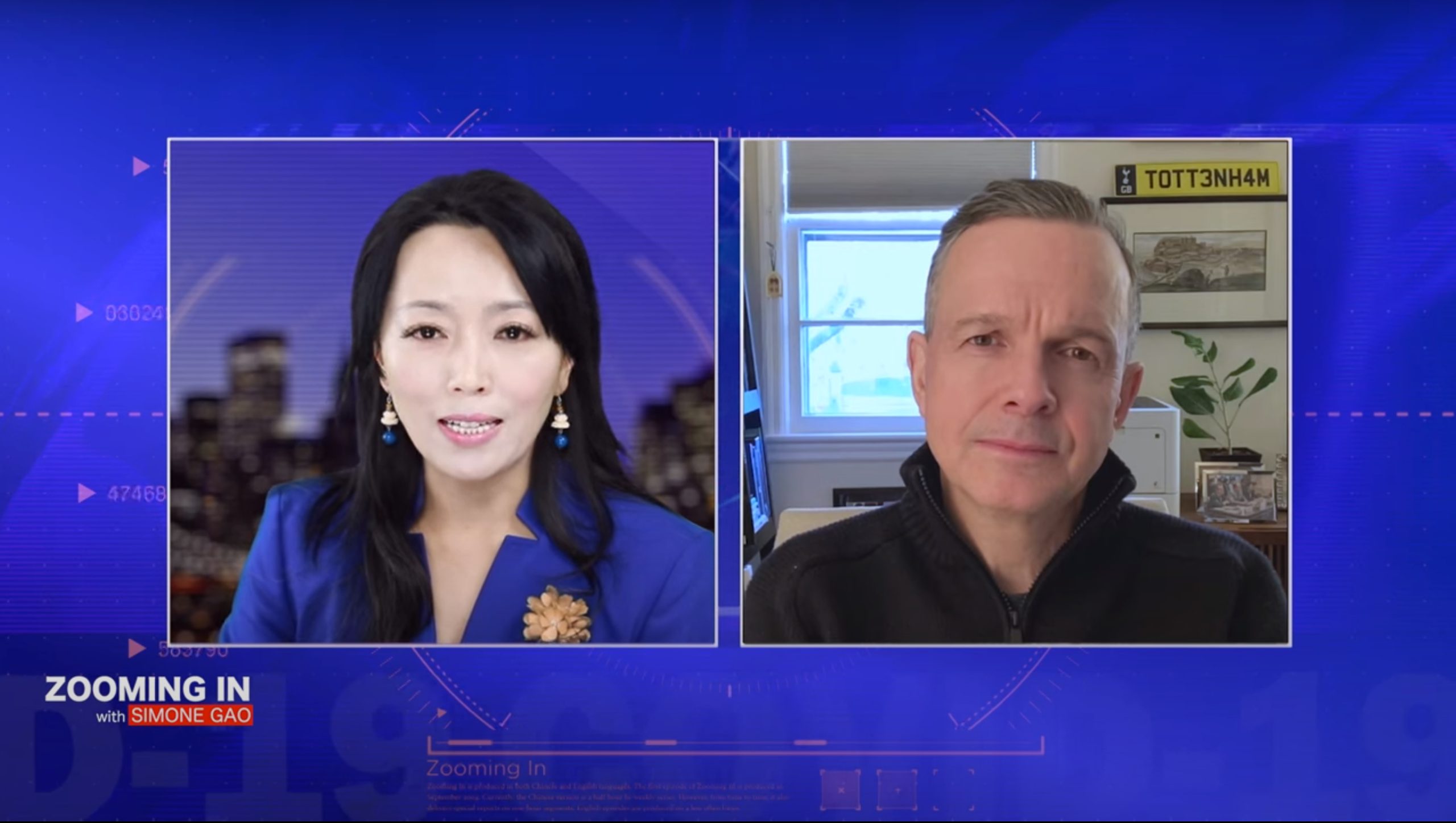Media Mention: USTBC President interviewed for The Diplomat
US-Taiwan Business Council President Rupert Hammond-Chambers was interviewed for the November 2024 issue (#120) of The Diplomat: The State – and Fate – of America’s Indo-Pacific Alliances. In an article entitled The Economic Underpinnings of Taiwan-US Relations, Editor-in-Chief Shannon Tiezzi examined how, beyond the security factor, a conflict in the Taiwan Strait would have a massive impact on the U.S. economy.
“Two-way investment is thriving,” Rupert Hammond-Chambers,president of the U.S.-Taiwan Business Council (USTBC), told The Diplomat via email. “U.S. multinationals, led by technology companies, are increasing their footprint on Taiwan including IBM,Google, AWS and others. The centrality of Taiwan’s technology ecosystem to the global economy makes it an indispensable partner to global multinationals.
“This goes too for Taiwan investment into the States. The U.S. now receives approximately 35 percent of Taiwan’s outbound investment, a number that has been climbing.” Hammond-Chambers is bullish on future investment due to continued efforts at the political level. “The prospect of a U.S.-Taiwan tax agreement in the next several years should accelerate the flow of investment two ways, further fortifying the bilateral relationship,” the USTBC president noted.
…the U.S.-Taiwan Initiative on21st Century Trade has been making steady progress since its launch in June 2022. The first agreement under the initiative was signed on June 1, 2023 – a year to the day after the talks began –and is expected to enter into force soon, after concluding the legislative processes. Talks have already begun on a “Phase 2” agreement, which will cover agriculture, the environment, and labor – more sensitive issues in terms of domestic politics in Taiwan and the United States. “On environmental and labor issues, U.S. business has been mostly un-engaged as the sector areas enjoy broad support amongst both sides,” Hammond-Chambers said. “Agriculture has been and remains the most contentious and problematic, a long-standing thorn in the side of bilateral commercial relations.”
Hammond-Chambers likewise noted “an effort to conclude Phase 2negotiations as soon as is possible.” With that in mind, he said, “it’s possible that agriculture may slip into Phase 3 of negotiations so the second phase can be put to bed.”

